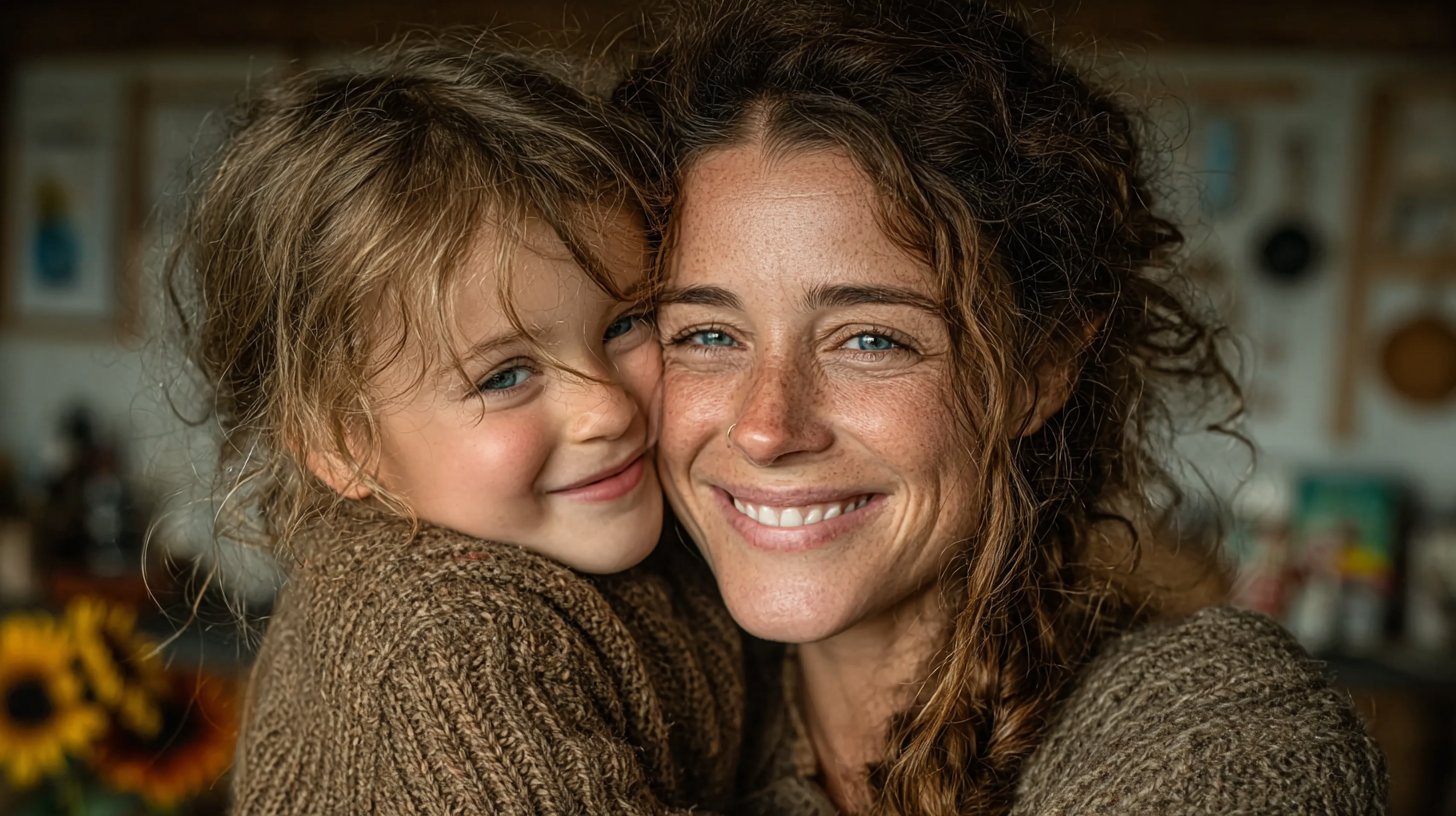Unconscious Parenting: Traits That Harm Children

Parenting is one of the most important yet challenging roles in life. It's not just about love, but also about responsibility and the behavior we model for our children. In this article, we will examine some toxic habits that parents may unconsciously adopt that can negatively impact their children's lives. The three key themes we will discuss are communication, self-esteem, and emotional availability.
Parents want the best for their children, but sometimes we are unaware of the effects of our own behaviors. These toxic habits can creep in subtly and have long-term consequences for children's development. It's worth recognizing and changing these patterns so that our children can grow up in a healthy and loving environment.
Lack of Communication and Open Conversations
One of the most common toxic habits is poor communication. Often, parents tend to bottle up their own fears and worries instead of discussing them with their children. Children need clarity and the feeling that they can talk about anything. If you, as a parent, ignore topics like feelings, stress, or problems, children learn to suppress their own emotions, which can lead to a lack of emotional intelligence.

Open conversations not only foster trust but also help avoid misunderstandings. It's important to take the time to understand your children's thoughts and feelings. A simple question like 'How was your day?' can open doors for deeper conversations and reveal signs of problems you may not have noticed.
Appreciation and Self-Esteem
Another dangerous habit is constantly comparing children to others. Whether it’s siblings, friends, or classmates – the pressure you unknowingly place on your children can severely impact their self-esteem. If your child feels like they are never good enough, this can lead to serious emotional and psychological issues.

Instead of comparing, why not focus on your child's strengths and talents? Encourage them to try new things and to accept mistakes as part of the learning process. Positive reinforcement can make a difference. Say things like: 'I am proud of you because you tried,' to foster self-confidence.
Emotional Availability and Presence
Finally, emotional availability plays a crucial role in parenting. Parents are often heavily engaged in their careers or have numerous other commitments that consume their time. This can lead to them not being fully emotionally available for their children. Children can sense when their parents are distracted or preoccupied.

It's important to consciously take time for your children and to be present when you interact with them. This means putting away your phone, turning off the TV, and truly listening when they speak. Such moments are invaluable for the bond between you and strengthen your child's trust and security.
At the end of the day, we are all human, and it's completely normal to make mistakes. What matters is that you are aware of the effects of your actions and ready to work on yourself. By shedding toxic habits and making more conscious decisions, you create a better foundation for your children's emotional and social development.
The role of a parent is a constant challenge but also a wonderful journey. Every step you take to improve has the potential to positively change your child's life. Let's work together to create a loving and supportive environment where children can thrive.


